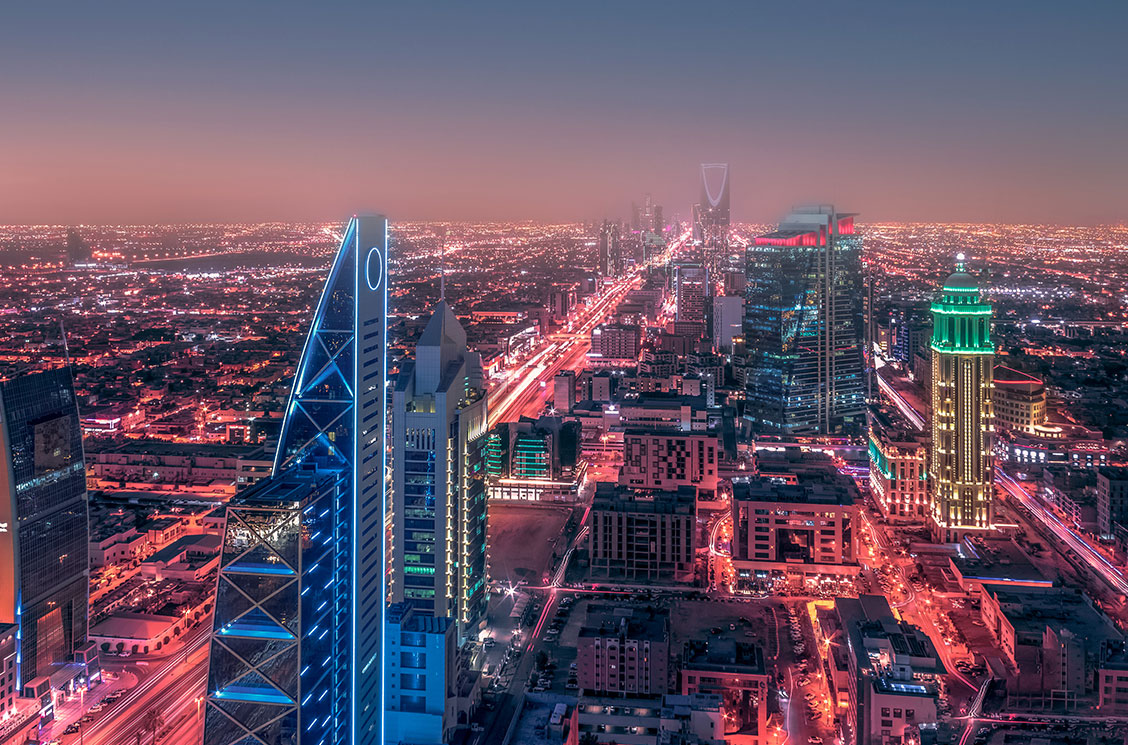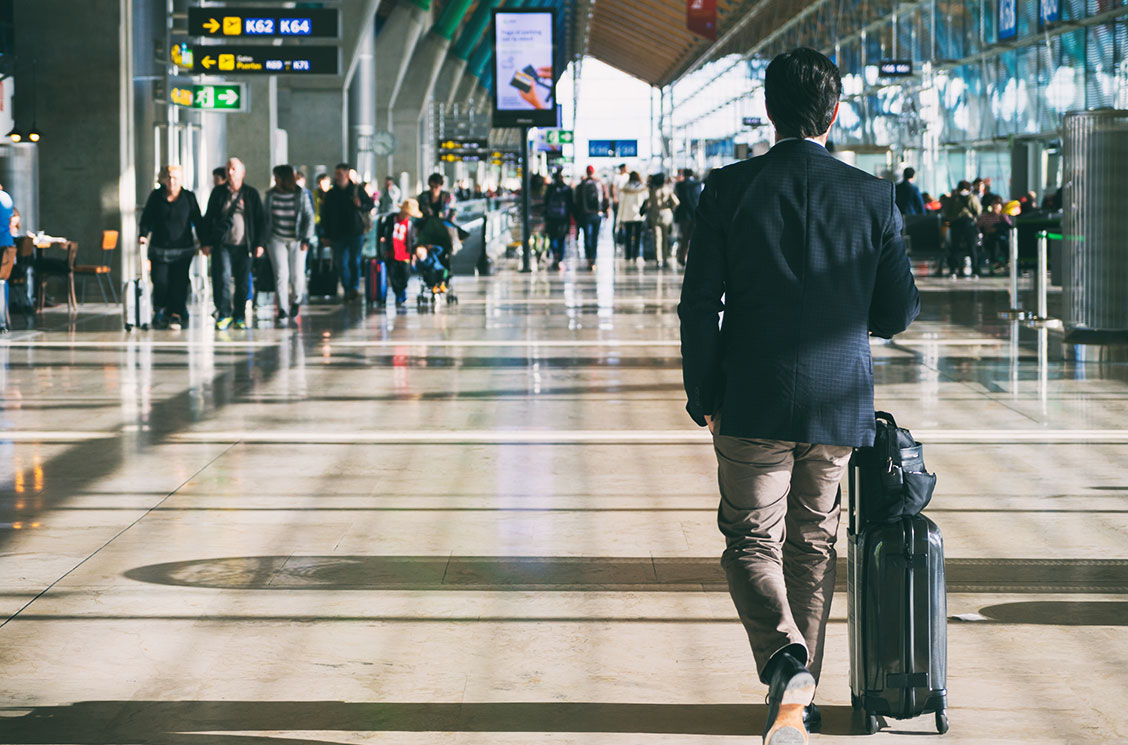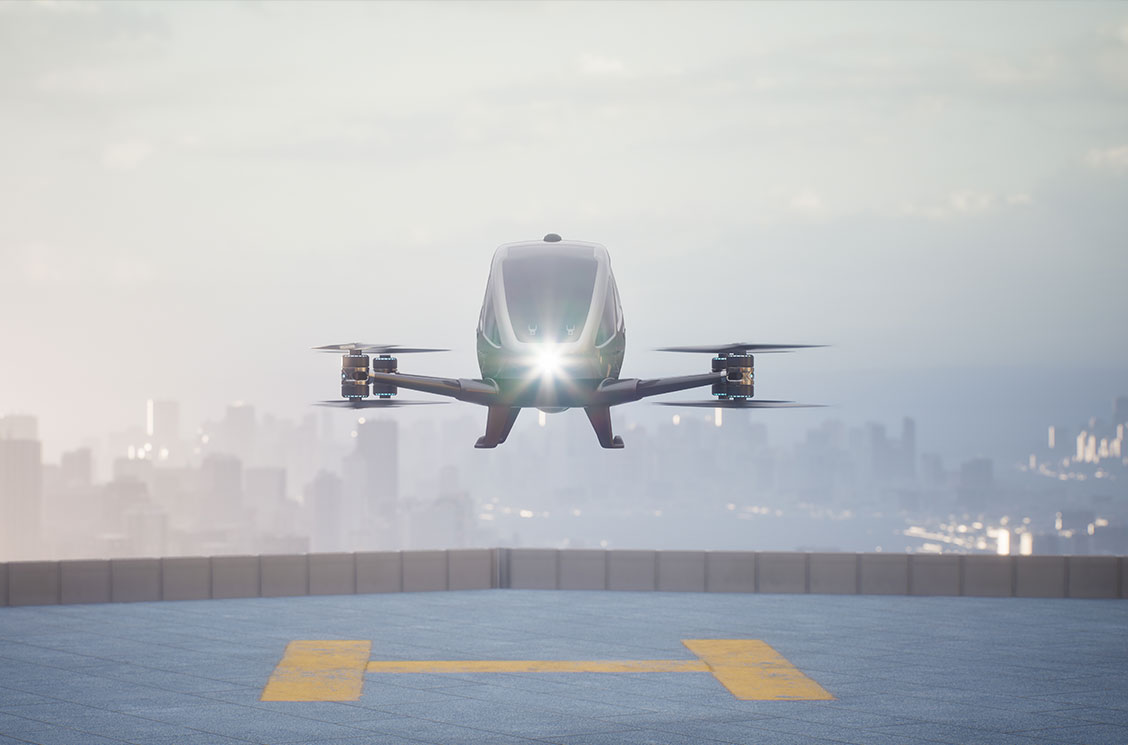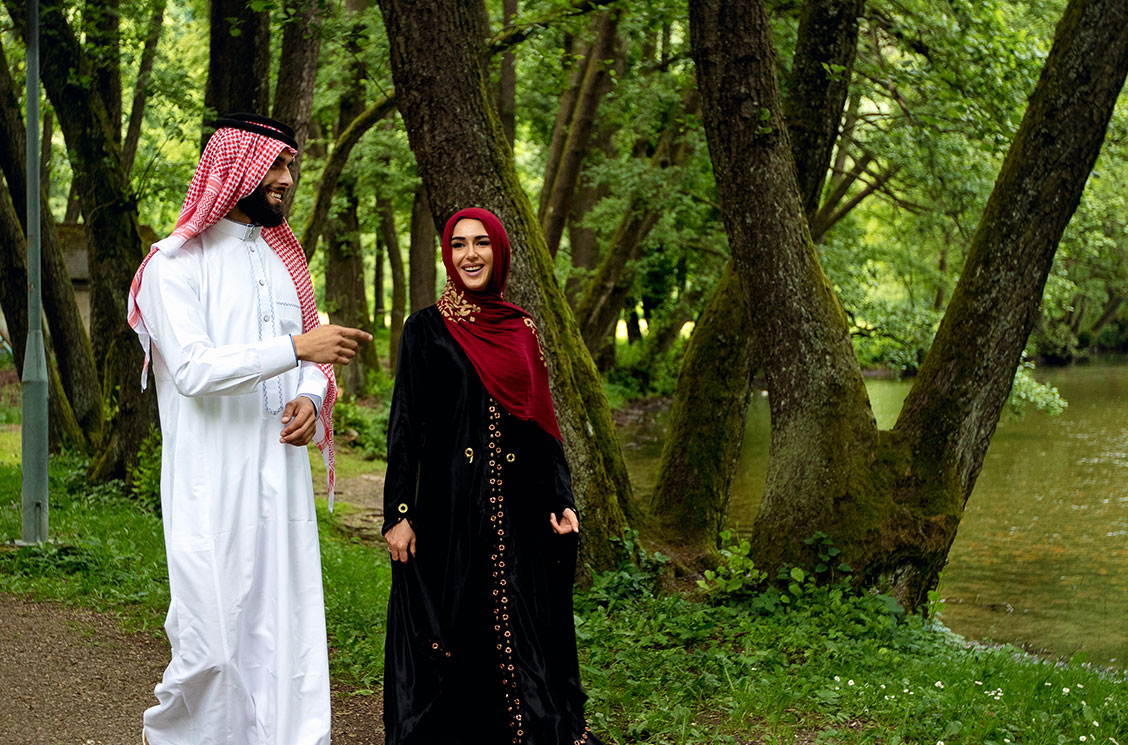By Paul Bogan, Regional Director of Advisory, +impact, a Serco company
The next ten years ahead of the FIFA World Cup will be pivotal for Saudi. Winning the bid was monumental, providing the fuel to accelerate the Kingdom towards achieving its lofty tourism goals.
With initial targets of attracting 100 million tourists by 2030 already surpassed, and new targets of 150 million over the next six years well within sights. By playing host to this major sporting event, Saudi is also diversifying its economy, supporting its goal to increase non-oil revenue from 16% to 50% of GDP by 2030, and boosting employment with key sectors such as hospitality.
Hosting the FIFA World Cup is a game-changer for Saudi, accelerating tourism, diversifying the economy, and fueling its vision for 2030.
Whilst we can take a moment to celebrate and applaud the fact that the World Cup is once again set to be hosted by an Arab nation, there is important work to be done. With so many visitors set to be welcomed through Saudi’s doors, the preparations must start now as the Kingdom looks ready to put on its biggest event in recent history.
Accelerating infrastructure development
Preparations will need to include transformations to the airport infrastructure, which will function as the ‘shop window’, working as the gateway and delivering a vital first impression to millions of people as they first enter the country. With more and more tourists visiting Saudi (far exceeding initial estimates for this point in time), there is a greater need now, more than ever before, for the pace of infrastructure development to accelerate even faster to cater for the boom that lies ahead.
Connected to this is the need for a smooth and seamless customer experience, ensuring every visitor has a great customer journey from the point of landing at the airport through to the point of departure. Here Saudi can harness the latest technology and innovations to limit queuing times, provide a great experience at the airport and an easy onward journey from airport to hotel.
Technology such as facial recognition and customer happiness surveys at check-in counters can be used to gather data from passengers, which can help make the customer experience better and more personalised. Data can also be used to predict customer behaviour, allowing service providers to collect better insights and deliver better services accordingly.
This all adds to a frictionless and seamless customer experience, which will be incredibly important as so many tourists will be entering the country for the very first time. Using a trusted company that has decades of experience in this area will be vital to achieving this great first impression.
Airports in Saudi will need to create an ecosystem where every player and every member is collectively working towards the main goal of deeply and properly understanding what travellers want in order to deliver an optimised experience. Due to this, airports should consider total airport management, which means outsourcing the airport’s full operations to one provider, who will be able to operate all services within the airport and deliver a seamless passenger journey.


The Urban Environment
Next, the urban environment needs to be world-class. Aside from the giga-city projects that are becoming hubs for innovation, the Kingdom’s major tourism initiatives such as the Red Sea Development project and its entertainment project, Qiddiya, will provide world-class facilities for tourists, enhancing the overall experience of those visiting by offering excellent accommodation.
Safety needs to remain paramount at every turn. From a health, safety, quality and environment perspective (HSQE), risk assessments, crisis management and occupational health programmes will need to be implemented in the stadiums and surrounding areas, ensuring crowd management initiatives are in place so that fans and citizens alike are able to enjoy the game safely. Services here can relate to thermal screening, capacity tracking, crowd flow studies and the regular sanitisation of all areas, delivered by skilled project managers and coordinators who will assist in information management and service planning.


Ease of access during match times
Just as the game experience at the stadiums is important, so too will be the transportation infrastructure around the matches. Getting to and from the stadiums with ease is all part of the customer experience, and Saudi has an opportunity to showcase innovative and green mobility initiatives to the world during this tournament.
This could include looking at electric taxis, buggies, green shuttle buses, and of course wider public transport initiatives such as metros to ease traffic flow during this time. With all eyes on green initiatives, a legacy of the World Cup could also be in helping create a more sustainable, environmentally-friendly transport network for the Kingdom – supporting the overarching need for greener travel as part of the Vision 2030 ambitions.
Green urban areas
As well as the infrastructure to support the football matches themselves, this is also an opportunity to look at the wider experience of those visiting. Showcasing a clean, healthy and pleasant urban environment provides an opportunity to highlight Saudi’s green spaces.
Indeed, with King Salman Park set to be the largest urban space of its kind, the country can both create enjoyable experiences for tourists to visit (showing off a side of Saudi that people may not have associated with the country), and also create an infrastructure to develop a livable city, pegged to the ambitions of community, happiness and open green spaces.
Environmentally, green spaces serve as the lungs of a city. Vegetation in parks helps manage urban water runoff, reducing the risk of flooding. Biodiverse green areas support local wildlife, promoting biodiversity within urban settings. Importantly, parks like King Salman Park can serve as carbon sinks, contributing to the mitigation of climate change impacts.
Having the right partners on hand from the get-go will be important here. From landscaping and seed planting through to the infrastructure and ongoing maintenance, operations, visitor services, customer experience, and environmental management will be needed to ensure that all aspects of the park are handled efficiently and sustainably.
By leveraging private sector capabilities and building on their experience, public entities can benefit from advanced technologies, best practices, and innovative solutions that enhance the overall quality and sustainability of urban parks.


Private and public collaboration
As such, the collaboration between the public and private sectors is vital when it comes to accelerating the planning around the World Cup. The government’s commitment to forging these partnerships is evident enough through the substantial investments and regulatory reforms that are being implemented, which are designed to facilitate business operations to make events like these a reality.
These collaborations are essential for injecting innovation, efficiency, and both global and local expertise into the Kingdom, ensuring that the World Cup developments are not only world-class but also sustainable and economically viable.
Putting on such an enormous event needs careful planning and bringing in the right partners with the right expertise. This is a fantastic moment for Saudi; all eyes will be on the Kingdom come 2034, and the hard work needs to start now.
The World Cup is not only a great win for the Kingdom in terms of demonstrating its ability to host such a huge sporting event, but it signals the confidence of the world that Saudi has what it takes to deliver an incredible visitor experience. Saudi’s win will be in putting it on the map as a major tourism destination, and we all must come together to support the Kingdom in achieving its goals.
